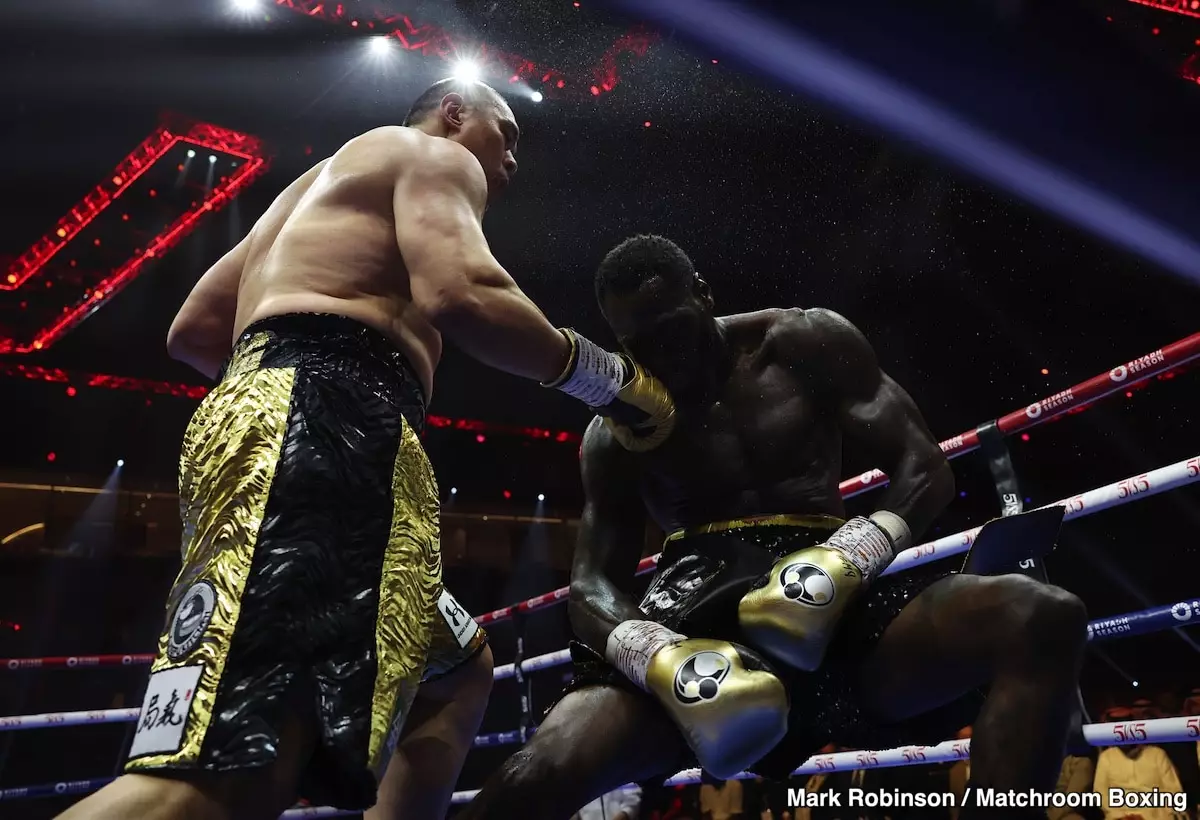Deontay Wilder, once hailed as one of boxing’s most fearsome heavyweights, is currently facing a pivotal moment in his career. With a record punctuated by astonishing knockouts—42 out of 43 wins—and a reputation as a fearsome slugger, Wilder’s recent bouts tell a different story. After enduring two consecutive defeats, his upcoming fight in 2025 is being portrayed as a potential watershed moment that could dictate his future in boxing. This article dissects the factors contributing to Wilder’s struggles, especially focusing on the influences of wealth, training alterations, and psychological motivations.
The allure of financial success can be both a boon and a bane for athletes. Wilder’s net worth is around $30 million, which raises questions about his motivation in the ring. For many fighters, the grind and hunger of striving for financial stability initially fuel their ambitions. However, once that goal is achieved, the fire often diminishes. Malik Scott, Wilder’s trainer, has alluded to this shift in motivation, suggesting that the luxuries of wealth—such as comfortable living and financial security—may have diminished Wilder’s fierce competitive spirit.
When one achieves a level of success that guarantees a lifestyle of luxury—a marked contrast to the struggle that characterized their earlier years—there is an undeniable risk of complacency. The challenge for Wilder now lies in rediscovering that tenacity and drive that once propelled him to the heights of the heavyweight division.
Another significant factor impacting Wilder’s performance is the coaching change from Mark Breland to Malik Scott. The question looms: can a change in coaching philosophy adversely affect an established fighter’s performance? Wilder’s recent record under Scott—1 win and 3 losses—demonstrates a troubling trend. Although Scott emphasizes a need for strategy and finesse, moving away from Wilder’s natural inclination to rely on raw power, critics argue that this shift in style has been detrimental.
In his last few fights, Wilder’s failure to embrace his aggressive slugger persona has led to performances that lack the explosiveness and confidence that once defined him. A notable instance is his bout against Joseph Parker, where a cautious approach resulted in a wide decision loss. Fans and analysts alike have raised concerns about whether Scott’s scientific approach is constraining Wilder’s innate abilities rather than enhancing them. In light of this, the tension between strategy and instinct becomes paramount in understanding Wilder’s failures in the ring.
Wilder’s identity as a boxer has seemingly become muddled. Known for his one-punch KO power, the transition into a more technical fighting style as coached by Scott poses an identity crisis. How does a boxer with a profound history rooted in aggressive striking adapt to new methodologies late in their career? The ramifications of identity in combat sports cannot be overlooked, as a fighter’s confidence and style are often intrinsically interlinked.
Scott recognizes these challenges, noting that Wilder’s ability to execute techniques learned in training does not translate to the ring as effectively as anticipated. This discord could explain why fans and experts have witnessed a lack of engagement and effectiveness in Wilder’s recent fights. The gap between ability and execution illustrates a troubling reality: a fighter needs not just skill, but also the psychological resolve to apply that skill against high-level competition.
As Deontay Wilder prepares for what may be the most crucial fight of his career in 2025, questions about his future remain valid and pressing. The intertwining influences of wealth, transformative coaching, and the wrestling of identity play an undeniable role in shaping a fighter’s performance.
Wilder stands at a crossroads—will he revert to the aggressive, confident fighter who once dominated the heavyweight division, or will he continue down a path that seems to stray from his strengths? Only time will reveal the answers, but for now, Wilder must confront these challenges head-on if he hopes to reclaim his spot at the pinnacle of heavyweight boxing. The second half of his career could very well hinge on his choices in the next few months, making this an anticipatory chapter in his storied journey as a champion.

